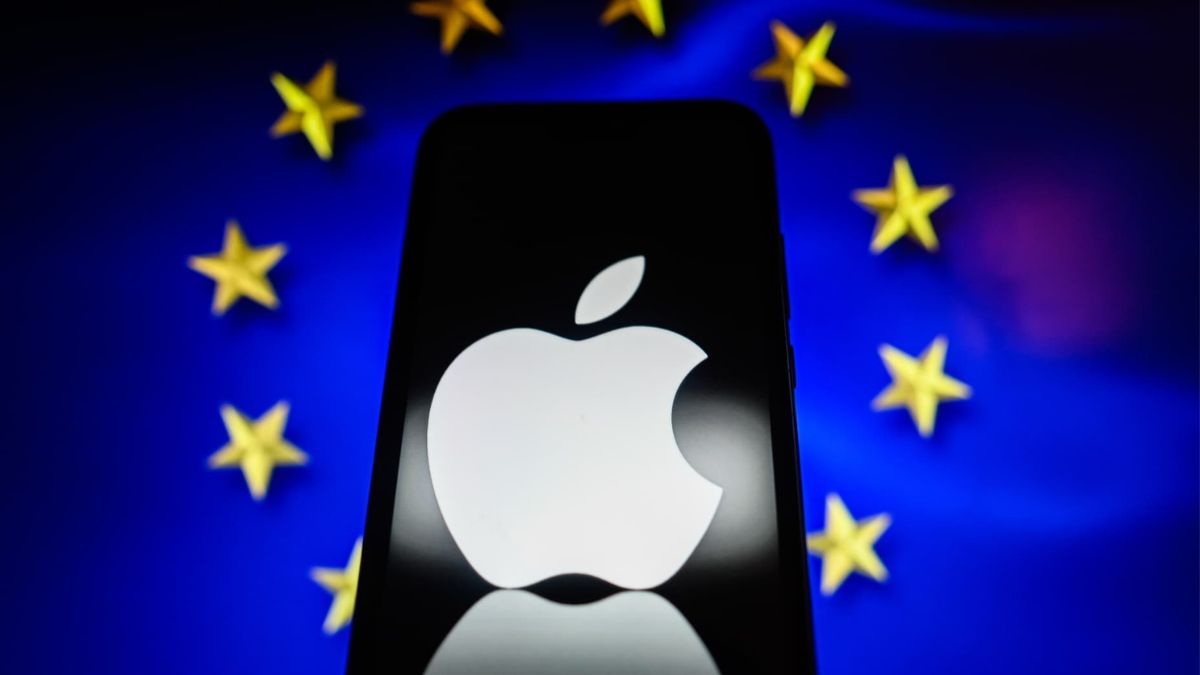The European Union has ordered Apple to repay $14.4 billion (€13 billion) in what it has deemed illegal tax breaks granted by the Irish government. The ruling, delivered by the European Court of Justice (ECJ), concludes a lengthy legal battle over the tech giant’s tax arrangements, which have been at the center of intense scrutiny and debate.
The case dates back to 2016 when the European Commission, led by Competition Commissioner Margrethe Vestager, ruled that Ireland had provided Apple with unfair tax advantages that allowed the company to pay significantly less tax than other businesses. These arrangements, which the Commission argued amounted to state aid, enabled Apple to route its profits through Ireland while paying an effective corporate tax rate that was far below the standard rate.
Ireland and Apple both appealed the decision, asserting that the tax arrangements were legal under Irish law and that the Commission had overstepped its authority. However, the ECJ’s ruling upheld the Commission’s findings, stating that the tax breaks were indeed illegal and must be repaid in full.
This decision has wide-reaching implications, not only for Apple but also for other multinational corporations that have benefitted from similar tax structures in Europe. It also underscores the EU’s commitment to cracking down on tax avoidance and ensuring a level playing field for all businesses operating within its borders.
For Ireland, the ruling presents a complex challenge, as the country has been a hub for multinational companies, attracted by its favorable tax regime. The decision may prompt a reevaluation of Ireland’s tax policies as it seeks to balance its status as a business-friendly environment with the need to comply with EU regulations.
Apple, which has maintained that it follows the law in every country where it operates, is now faced with a significant financial setback, though its massive cash reserves ensure it can absorb the impact. The ruling, however, sends a clear message that the EU is serious about enforcing its tax rules, regardless of the size or influence of the companies involved.


